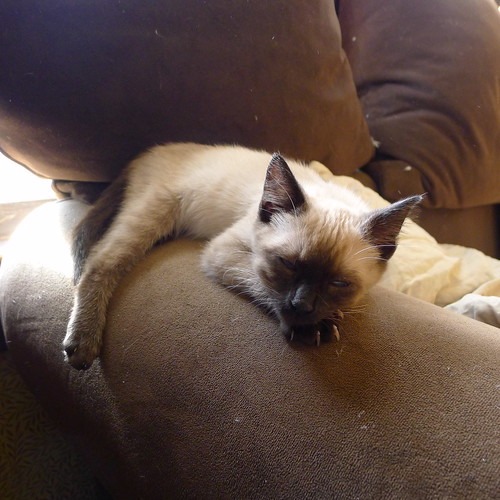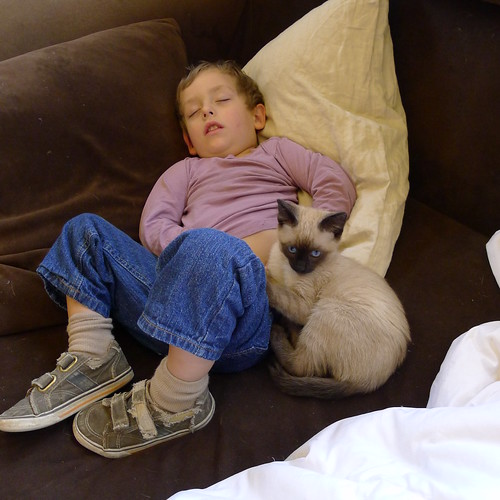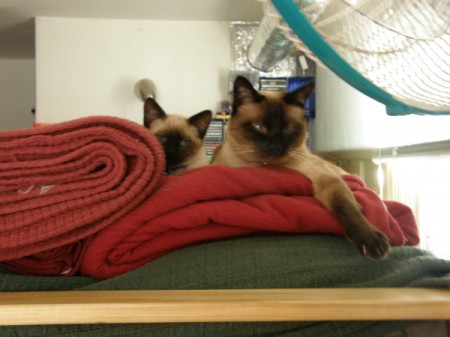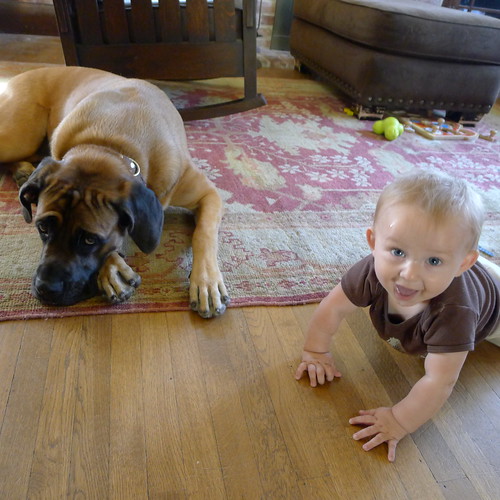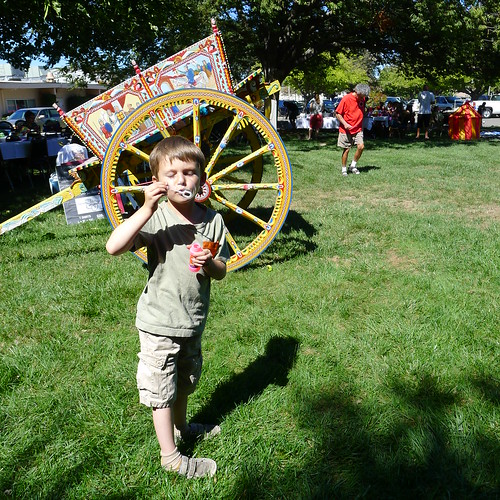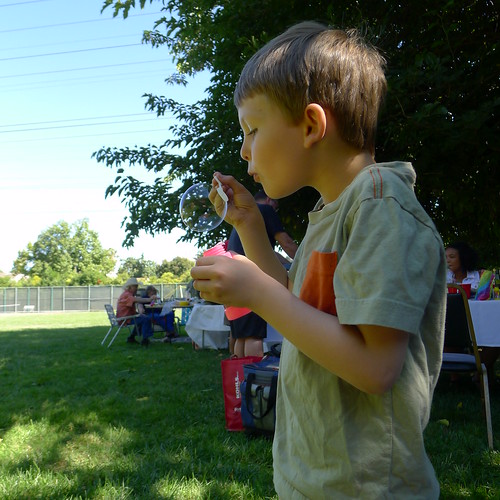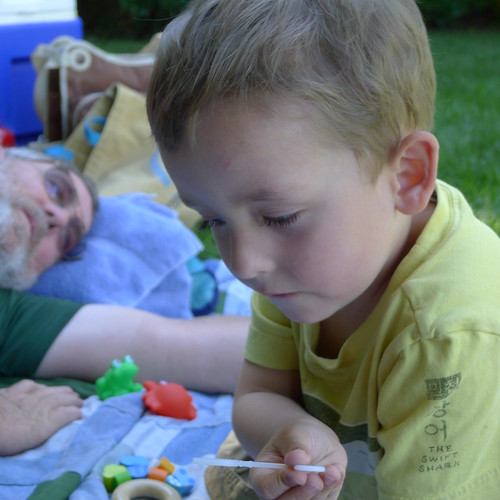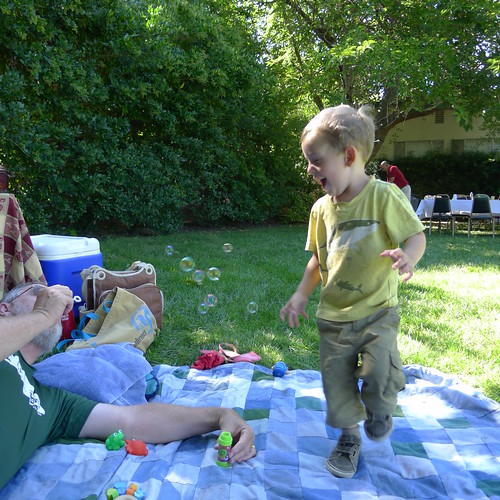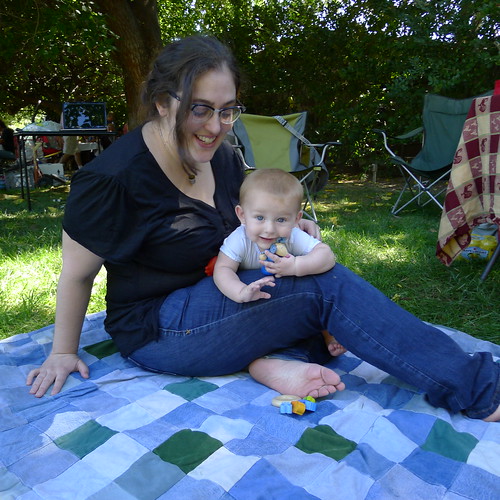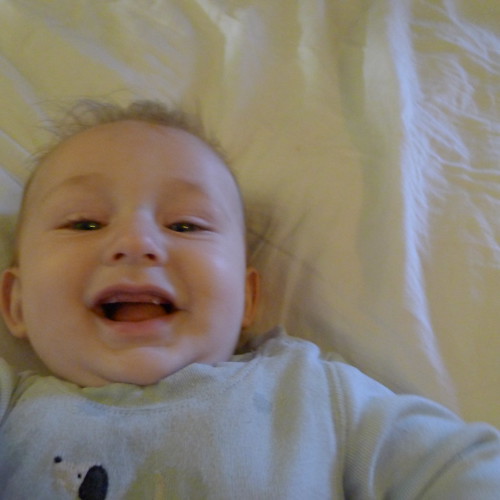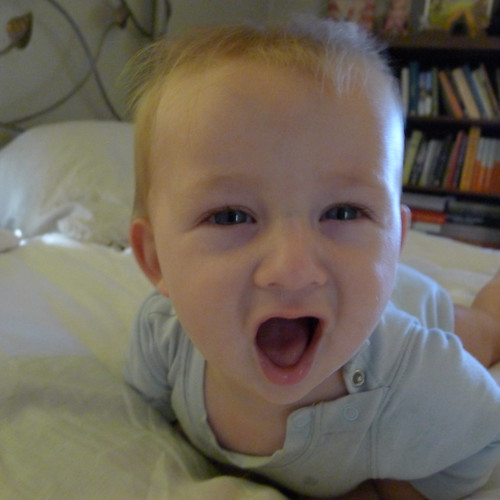Formative Books
Whoops, I’ve really been neglecting my blog lately. We had a really nice Thanksgiving in the company of family and friends, and we are full steam ahead for Christmas: stockings have been hung, tree has been procured, and I’m getting my holiday baking on.
Meanwhile there’s a thing going around Internet asking people to list “ten books that have stayed with you.” The idea is not to rate books or put out a list of The Greats or anything, but just to name ten that have for whatever reason had a lasting impact on you. I’ve gotten some good reading ideas from other people’s lists, and I thought I would give mine.
1. Always Coming Home, Ursula K. Le Guin
This is my favorite book by my favorite author. I tend to like books that break the fourth wall, that engage the reader directly or that play with the relationship constructed between author and reader…kind of like in “The Neverending Story.” Always Coming Home does that. It’s a utopian novel where the reader is put in the position of an anthropologist, assembling various cultural artifacts to get a better understanding of the people whose stories are being told. I love this book immensely.
2. Ulysses, James Joyce
Ulysses does the Neverending Story thing too, which is why I like it so much. It’s a heroic journey set in the modern age, where the reader is forced to voyage along with the characters. When things are bleakest and hardest for the characters, the text itself becomes thorny and difficult: reading it is a painful experience. This is why a lot of people hate Ulysses. But there is still a narrative, still a story moving forward, glinting like a fish through the chaotic swirls of language, and if you can follow it through the rapids then you are rewarded with what might be the sweetest homecoming in all of literature. Or at least tied with Samwise marrying Rose and having thirteen children and being mayor of the Shire.
3. The Lord of the Rings, J.R.R. Tolkien
See above. Formative for me in the same way it was for so many others.
4. Tehanu, Ursula K. Le Guin
The Earthsea books are also among my favorites and shaped my love of reading as a kid/young adult. But Tehanu, the fourth book in the series, is something fairly special because it’s a product of the author returning to her world and taking a critical look at some of the generic tropes she’d used in earlier books. Where the first three books are cracking good fantasy, Tehanu is brutal and lived-in and real. And again, it’s a book that puts you through the wringer but pays off with a lovely, generous, transcendent ending.
Also, really awesome dragons.
5. Sandman, Neil Gaiman
Am I cheating by listing the whole comic series as one “book”? Starts off fairly weak, picks up steam as it rolls on, and ends like a thunderclap—or maybe the lash of a whip, since the ending is as precise and controlled as it is grand and powerful.
I like books that stick the landings.
6. Promethea, Alan Moore
Okay, here we’ve got another comic-book series that hits several of my literary kinks: fourth-wall-breaking, grueling story with a powerfully redemptive ending, plays with fantasy and mythic tropes. Promethea is also special to me because I was actually more than halfway convinced, as I read it, that Alan Moore was speaking to me directly. He is a wizard, you know.
7. Serpent’s Reach, C.J. Cherryh
C.J. Cherryh is an enormously prolific author. She has a tendency to write one story over and over again, with different setting and characters, but it’s okay because it’s a really good story. The Ur-Cherryh story goes like this: a human is for whatever reason sent alone into an alien society, where they must adapt to a foreign culture. The human ends up assimilating and serving as ambassador back to the humans, often in order to broker peace between the two species. Serpent’s Reach is my favorite iteration of this story because the majat (insectoid hive-mind aliens who communicate through pheromones) are so cool.
Cherryh is also really really good at writing relationships with power differentials and a lot of sublimated yearning, which I find hot.
8. The Hero and the Crown, Robin McKinley
Okay, so there’s actually a lot of books out there that feature a heroine who’s overlooked by everyone but through her smarts, grit, and Unappreciated Intrinsic Worth ends up saving the day. This is the one that landed hardest for me. Aerin Firehair, you will always be the psychic redheaded dragonslaying polyamorous chemist-princess of my heart.
9. The Forgotten Beasts of Eld, Patricia A. McKillup
Reading Patricia A. McKillup is like staring into a dragon’s eyes. Her writing is mesmerizing, sentences jewel-like in their crafted beauty, and it’s easy to lose track of exactly what’s going on. The story is good, old-school fantasy, but it’s McKillup’s dreamlike language that makes it so haunting.
10. The Annotated Sherlock Holmes, Sir Arthur Conan Doyle
While Holmes and Watson are obviously wonderful and enduring characters, Sir Arthur Conan Doyle’s writing doesn’t particularly send me over the moon: the ending is kind of lame, actually, and there are no dragons. But The Annotated Sherlock Holmes introduced me not just to Holmes and Watson, but to fandom.
The Sherlockian Game (or just “the Game”) is a body of scholarship that takes as its founding principle the notion that Holmes and Watson were absolutely real people. The fact that Sir Arthur Conan Doyle was quite cavalier in his approach to research and accuracy (even to the point of forgetting his own characters’ names!) only makes the Game more fun, because there are thousands of inconsistencies and apparent authorial errors that must be “explained” in order to keep the primary conceit going. The annotations in The Annotated Sherlock Holmes are a product of this Game.
I found The Annotated Sherlock Holmes in a library when I was a junior high school student, and while the stories were delightful, what truly nourished my spirit was the knowledge that there were other nerds out there. This was before the Internet; I was vaguely aware that “Trekkies” existed and I might be one, but I had never been to a convention, didn’t know what fanfic was, had never really met another of My Kind.
And yet in this book was evidence that someone—in fact a whole society of someones—could get really obsessive about fictional worlds just the same way I did, and that they could together build up a whole secondary world of supporting literature and metatextual analysis that was smart, insightful, poignant, and really, really funny. Throughout my teen years I was a paid-up subscriber to The Baker Street Journal, which is basically a ‘zine, although I didn’t know what those were either. I just knew that every time one arrived in the mailbox I felt less alone.
Anyway, what’s become really obvious to me as I wrote out this list is that I like myth and fantasy; I like writing that plays with language and with the structure of narrative; I like novels that take the reader on a difficult journey but end with uplift and redemption. And dragons. I really like dragons.










